Life, Earth And Space
-
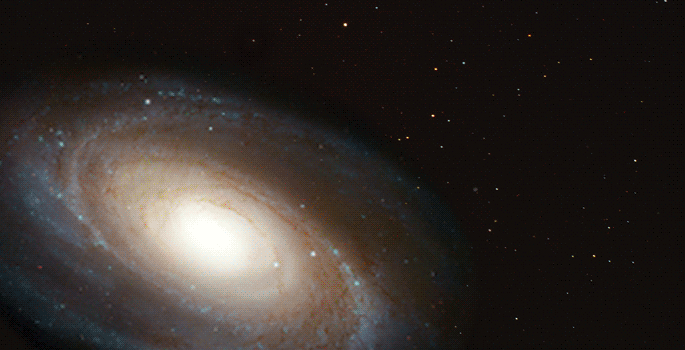
National Science Foundation renews funding to support detection of gravitational waves, led locally by Stephen Taylor
NSF funding will support the development of new techniques to search for signatures of exotic interstellar phenomena. Read MoreJun 21, 2021
-
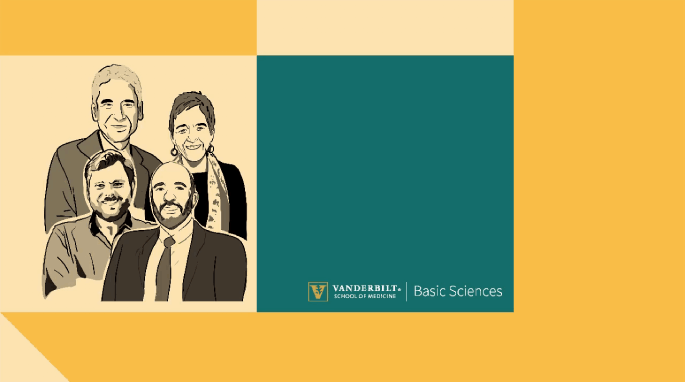
Discussion on the origins of life featuring cross-section of Vanderbilt academics set for June 17
How do academics with diverse areas of expertise view the origins of life? A June 17 virtual discussion hosted by the School of Medicine Basic Sciences will bring together perspectives from single-cell biology, theology, space and time and metaphysical philosophy to explore the unique and common understandings among the fields. Read MoreJun 3, 2021
-

Research Snapshot: Bees can tell time by temperature, Vanderbilt research finds
Biological scientist discovers the third way by which bees can tell time: temperature. Est. reading time: 2 mins. Read MoreMay 20, 2021
-
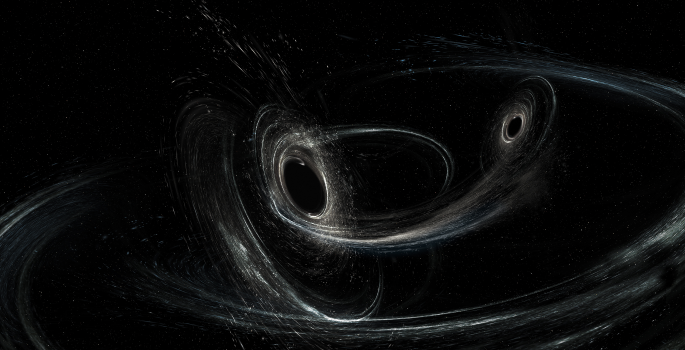
Research Snapshot: Vanderbilt astronomers lead preparation for supermassive black hole analysis
Vanderbilt astronomers lead group that created the roadmap for studying supermassive black holes after detecting the low-frequency gravitational waves they create. Est. reading time: 2 mins. Read MoreMay 7, 2021
-
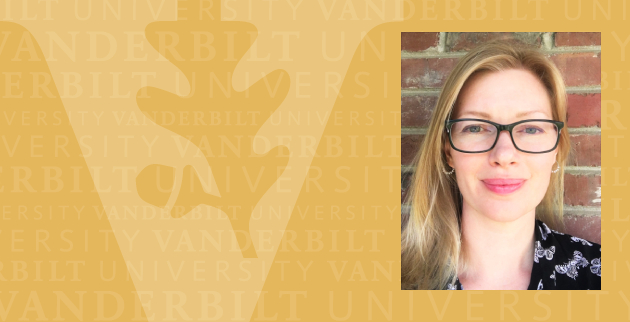
Postdoctoral research fellow wins early-career award from International Association of Sedimentologists
Elizabeth Chamberlain, a U.S. National Science Foundation postdoctoral research fellow in earth and environmental sciences, has been awarded the 2021 Dr. Richard Faas Research Prize by the International Association of Sedimentologists. Read MoreMay 3, 2021
-
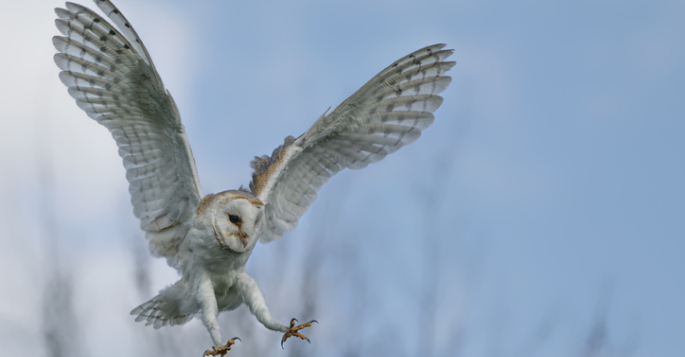
Vanderbilt scientists use fossil records to understand the present, predict future ecosystems
Vanderbilt environmental scientists show that patterns found in fossil records of ancient ecosystems may be the key to combating today’s biodiversity crisis and making informed conservation decisions. Read MoreApr 19, 2021
-
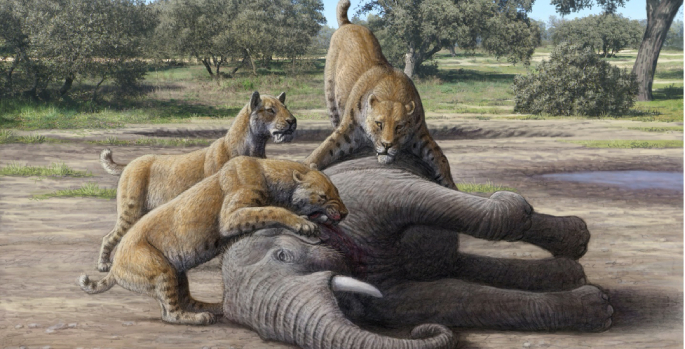
Diet of Homotherium sabertooth cat included baby mammoths, according to new research
Chemical signatures and microscopic wear patterns in dental fossils show that the diet of sabertooth cats included mammoths. Read MoreApr 15, 2021
-
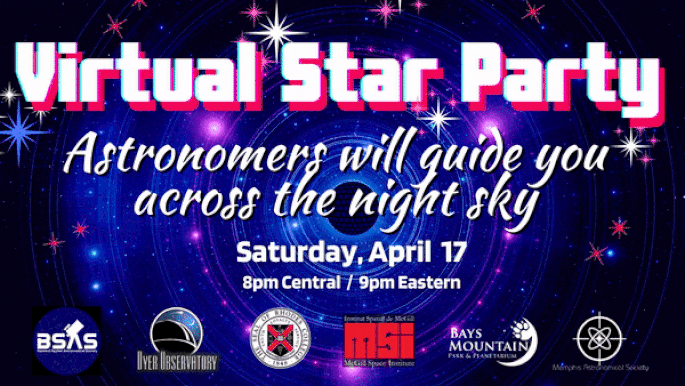
Vanderbilt Dyer Observatory to host virtual star party April 17
Join Vanderbilt Dyer Observatory on Saturday, April 17, at 8 p.m. CT for a free, educational star party and discussion. Read MoreApr 5, 2021
-
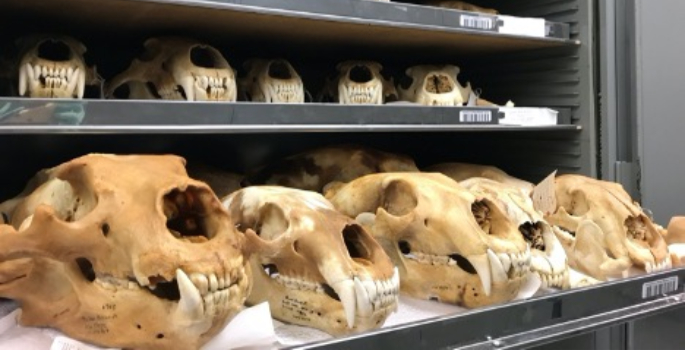
Vanderbilt research shows how polar bears maintained highly specialized diets during periods of Arctic warming—until now
Dental analysis from Larisa DeSantis shows that polar bears may not be able to compete for food sources as their environment melts away. Read MoreApr 1, 2021
-
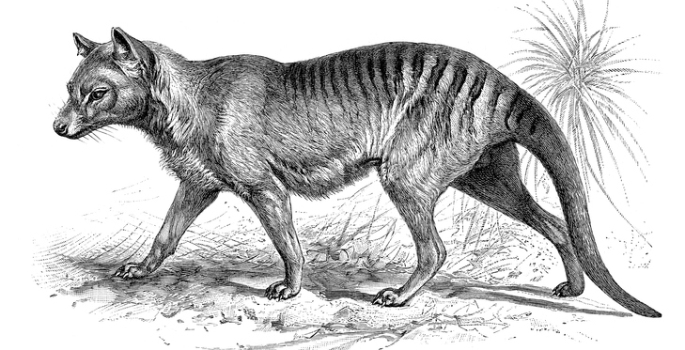
Award-winning paleontologist to discuss how the past can help us conserve our future in virtual event March 24
The Vanderbilt Evolutionary Studies Initiative is hosting a free presentation by prominent paleoconservationist Michael Archer, who will discuss how understanding ancient life can help conservationists save endangered species today. The virtual event will be Wednesday, March 24, at 3:10 p.m. CT. Read MoreMar 22, 2021
-
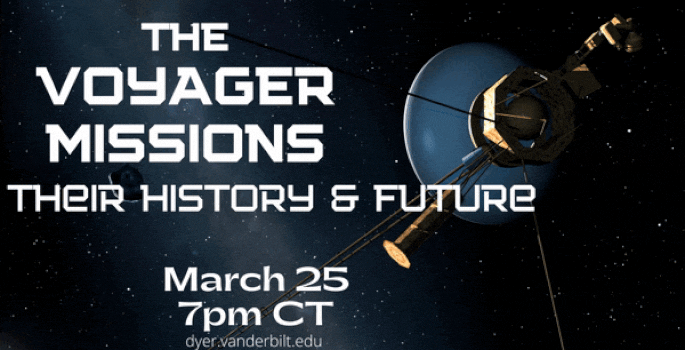
Voyager missions discussion hosted by Vanderbilt Dyer Observatory on March 25
Billy Teets, director and resident astronomer for Vanderbilt Dyer Observatory, will lead a discussion of the history of the Voyager spacecraft—including their engineering, major discoveries and what they are up to today. The virtual event will be at 7 p.m. CT on Thursday, March 25. Read MoreMar 22, 2021
-
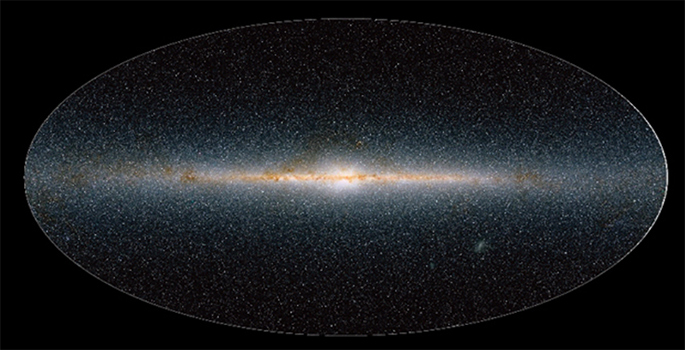
Vanderbilt scientists sketch rare star system using more than a century of astronomical observations
Vanderbilt astronomers have painted their best picture yet of an RV Tauri variable—a rare type of stellar binary—by mining a 130-year-old dataset that spans the widest range of light yet collected for one of these systems, from radio waves to X-rays. Read MoreMar 15, 2021
-
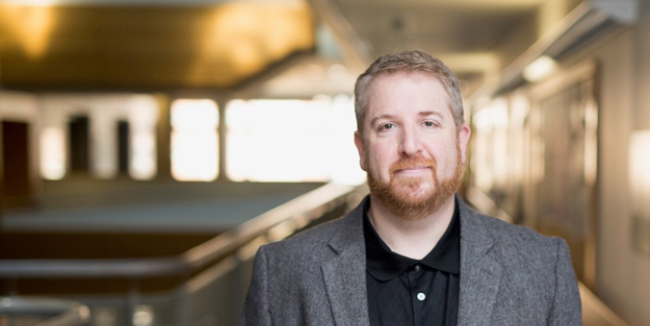
Bordenstein elected to American Academy of Microbiology
Seth Bordenstein, Centennial Professor of Biological Sciences and director of the Vanderbilt Microbiome Initiative, has been elected to fellowship in the American Academy of Microbiology. Read MoreMar 2, 2021
-
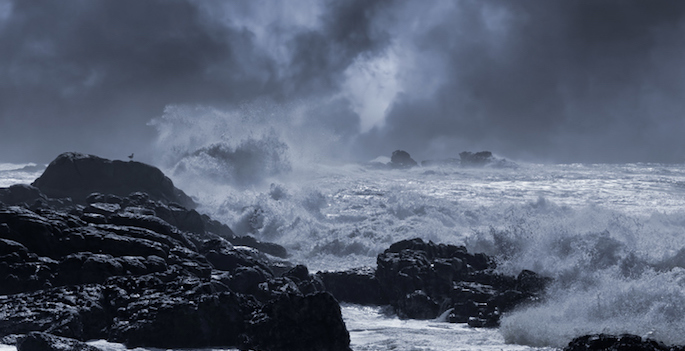
Evidence suggests climate whiplash may have more extremes in store for California
Vanderbilt paleoclimatologists deploy first calcium isotope analysis of North American stalagmite to show how past weather extremes may predict events in California. Read MoreFeb 24, 2021
-
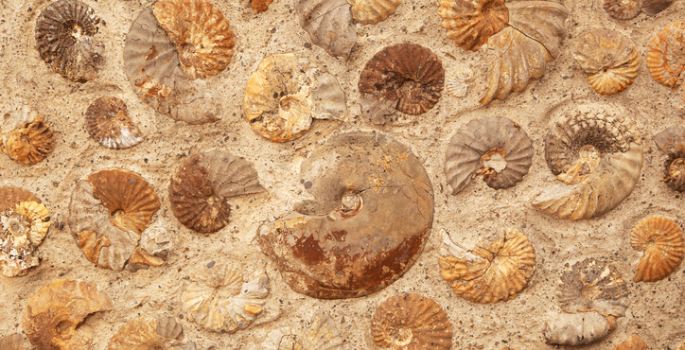
Award-winning paleontologist and National Academy of Sciences member Kay Behrensmeyer to discuss our understanding of ancient life on Feb. 24
Smithsonian National Museum of Natural History senior scientist Kay Behrensmeyer will discuss fossilization and its relevance to our understanding of ancient life on Wednesday, Feb. 24, at 3:10 p.m. CT. Read MoreFeb 19, 2021
-
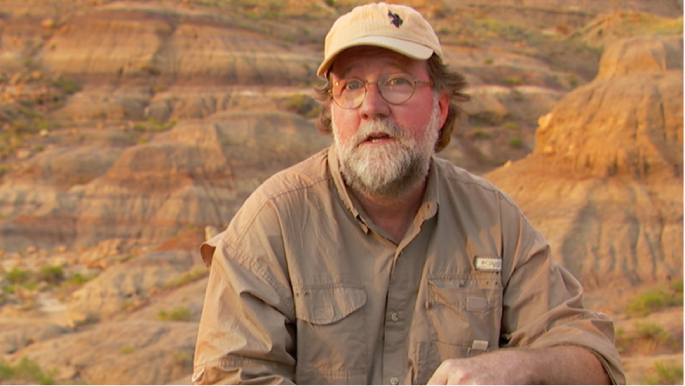
Sean B. Carroll, award-winning scientist, author, educator and film producer, to deliver 2021 Darwin Day Lecture on Feb. 10
Sean B. Carroll, a world-renowned evolutionary biologist whose discoveries have shed light on the evolution of animal diversity, will deliver the 2021 Darwin Day Lecture on Wednesday, Feb. 10, at 3:10 p.m. CT. Read MoreFeb 3, 2021
-

Student’s fascination with astronomy inspires first completed Immersion Vanderbilt project
Thanks to her passion for astronomy, as well as mentoring from faculty, undergraduate Samantha Bianco is both a named co-author on a graduate-level scientific research paper and the first Vanderbilt student officially to have completed an Immersion Vanderbilt project. Read MoreJan 25, 2021
-
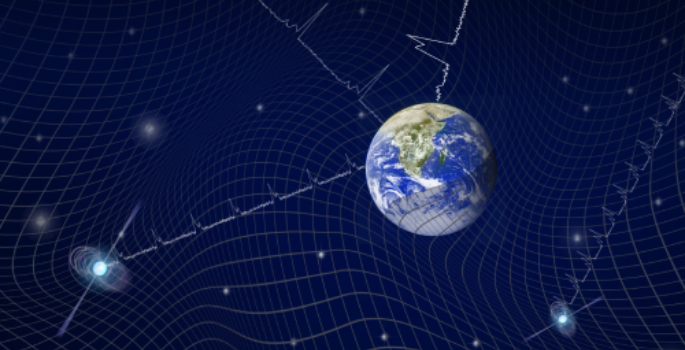
Possible first hints of low-frequency gravitational waves permeating the cosmos
The discovery of a cosmic signal common across many stars could be the first sign of gravitational waves. Read MoreJan 13, 2021
-
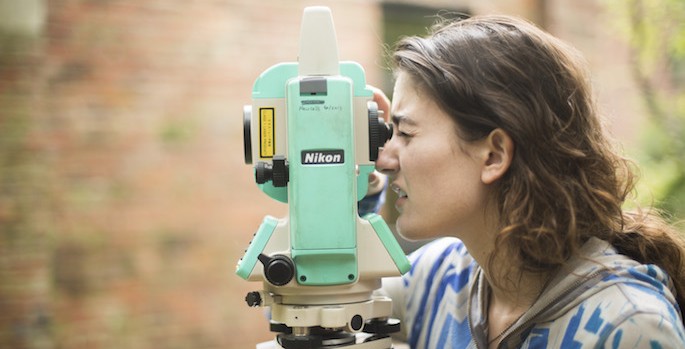
Online collaborative platforms lead to advances in archaeological survey of the Andes
Advances in big data technology and digital analytics are transforming the field of archaeology. One such study led by Vanderbilt anthropology professor Steven Wernke has brought a fresh perspective to the forced resettlement of more than a million Indigenous Andeans by Spanish colonizers in the 1570s. Read MoreJan 11, 2021
-

Digital Sky Survey maps the entire sky, providing new data to Vanderbilt astronomers
Through a partnership with the Sloan Digital Sky Survey, Vanderbilt astronomers use big data to see the cosmos as a stop-motion movie instead of a snapshot. Read MoreJan 4, 2021